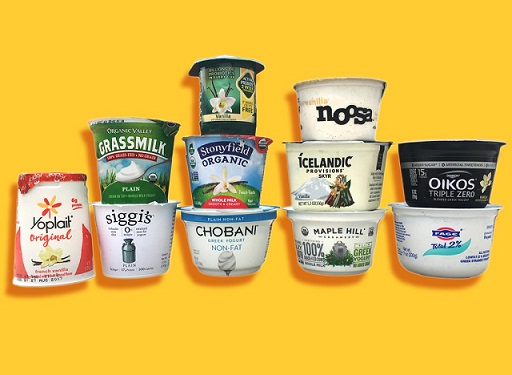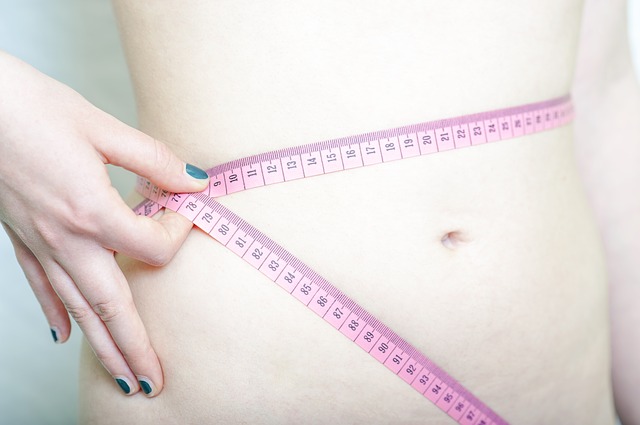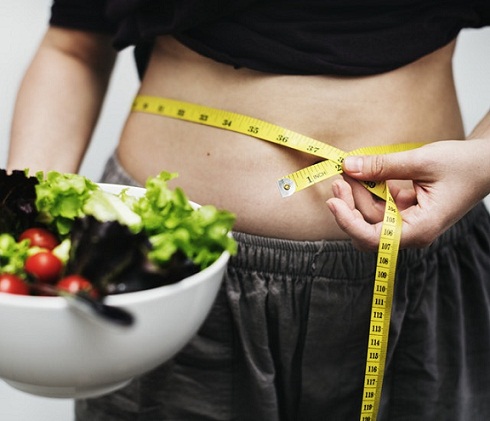Fiber is one of the most essential elements of your daily diet. It helps keep regularize your bowel movement, makes you feel fuller at meal times, and regulates blood sugar.
Enough fiber in your diet can also help you maintain a healthy weight balance and lower the risk of type II diabetes and if you want to have a healthy weight balance you probably don’t want to eat like Thurman Merman does in those Bad Santa movies.
Unfortunately, the typical American diet comprises a large amount of highly processed foods (certainly if you live in the Conner household in Roseanne but this is another topic). This does not leave enough room for fiber. Even though fiber does not directly provide any essential nutrients, its multifarious benefits are indispensable for a healthy body.
Not consuming at least 20 grams of dietary fiber can leave you with bowel troubles, high cholesterol, imbalanced gut microbiome, and other digestive and health disorders. Here are few signs to look out for that could indicate you are not getting enough fiber.
1. You are On a Sugar Roller Coaster
If you are prone to sugar highs without binging on sugary treats, it could be a sign that your blood sugar spikes when you eat. Your body takes longer to break down and digest food that contains both carbohydrates and fiber.
When you eat pure carbohydrates, like refined flour pasta without vegetables or brownies, the carbs do not take much time to hit your blood system.
On the other hand, when you add fiber to your meals, in the form of vegetables, whole grain flours, fruits, legumes, nuts and seeds, the body takes longer to digest the meal.
Insulin hormone released by the pancreas find it easier to deal with sugar, starch and carbohydrates when it gets released slowly in the system. Big doses all at once leave you at a high risk of diabetes.
You know you are having less fiber when your blood sugar is always unstable affecting your energy levels, mood, and weight maintenance.
2. You are Bloated and/or Constipated
Fibers can be classified as soluble and insoluble. Both of them are important for healthy bowel movements. One of the major signs of low fiber intake is irregular bowel movements.
This makes you feel bloated and constipated. Soluble fiber is found in oats, peas, banana, carrots, potatoes, peas, and beans which was not the diet of Napoleon Dynamite or Dexter who loved to just eat a steak but that is another topic. They are soft and sticky and get digested by the body to form a gel like substance. They help reduce blood cholesterol and ease constipation.
Insoluble fiber or roughage cannot be digested by the body. These help move things along in the gut.
They form a great nourishing source for the probiotics in your gut, which in turn helps keep your digestive system healthy. This fiber is found in whole grain cereal, bran, potatoes, cauliflower, nuts, and seeds among others.
3. Weight Gain without the Added Calories
If you start gaining weight with the same level of exercise and dietary habits, then less fiber intake could be to blame. Fiber or roughage is a great tool to feel fuller for longer. It enhances the feelings of fullness (which Lynette Scavo would not feel unless decisions in the marriage went her way which caused her husband to leave her and in real life he would have remained away but let’s get back on the right road here) and encourages the body to release leptin, the satiety hormone.
You are likely to be hungrier throughout the day if your body does not feel satiated. This will cause you to eat more calories than you require. Without fiber in your diet, you will not get the feeling of fullness that your body craves for after finishing a meal.
You will be reaching for the next snack within the hour even while you are tanked up on calories. The hunger hormone ghrelin is to be blamed for this. Without adequate leptin in the body, the actions of ghrelin cannot be opposed.
Fiber also helps in limiting blood sugar spikes and insulin spikes. This has been known to be a major contributor to weight gain. Fiber is not easily broken down and used by the body. It stays longer in your digestive tract and ensures that there is a slow and constant release of sugar in the blood stream.
Fiber forms part of almost every healthy food. A low fiber diet is indicative of an unhealthy, low nutrition and high processed diet. This is again not good for your waistline and can lead to many health disorders.
4. Your Cholesterol Levels Are High
The latest scientific studies have shown that increasing the levels of fiber intake can help bring down high cholesterol levels. Conversely, the study also found that majority of people who suffer from blood pressure and high LDL levels do not eat as much fiber as they should.
Fiber plays a major role in decreasing triglycerides and increase HDL cholesterol levels. Triglycerides are connected with increasing the risk of heart diseases, whereas HDL is dubbed as the ‘good’ cholesterol by the medical community.
Vegetables, fruits, and whole grains have been time and again linked with lowering blood pressure levels.
However, studies are still unclear whether the benefits arise out of high fiber intake or other nutrients in these healthy food options. In any case, it is established that eating a fiber rich diet is healthy for your heart.
How to Increase Your Fiber Intake?
Dietary fiber is found in most plant based foods. By increasing your intake of fruits, veggies, and whole grains, you can get enough fiber in a day.
However, this means that you need to compromise on unhealthy yet tasty options, like snacking on chips or candies. Popcorn is high in fiber and can be a healthy snack option when popped at home in an air popper or in the microwave.
There are certain food options like avocadoes, pears with skin, apple with skin, flax seeds, chia seeds, almonds, amaranth flour, and potatoes with their skins on, among others that have a higher quantity of fiber.
Consider a fiber supplement if you do not want to make dietary changes. Always ensure that you drink at least 8 glasses of fluids when on a high fiber diet.
Daily Intake
There are plenty of things that can lead to constipation. However, fiber intake is usually the first to impact your digestive health and is a good area to focus on first. Bloating and gas can also be caused by going from a minimal fiber intake to loading up on it.
You should gradually increase your intake and aim to get anywhere between 20 to 30 grams of fiber each day.










